Syria’s strange post-Assad election
Sunday’s limited vote ‘suited the phase Syria is undergoing’, says interim president
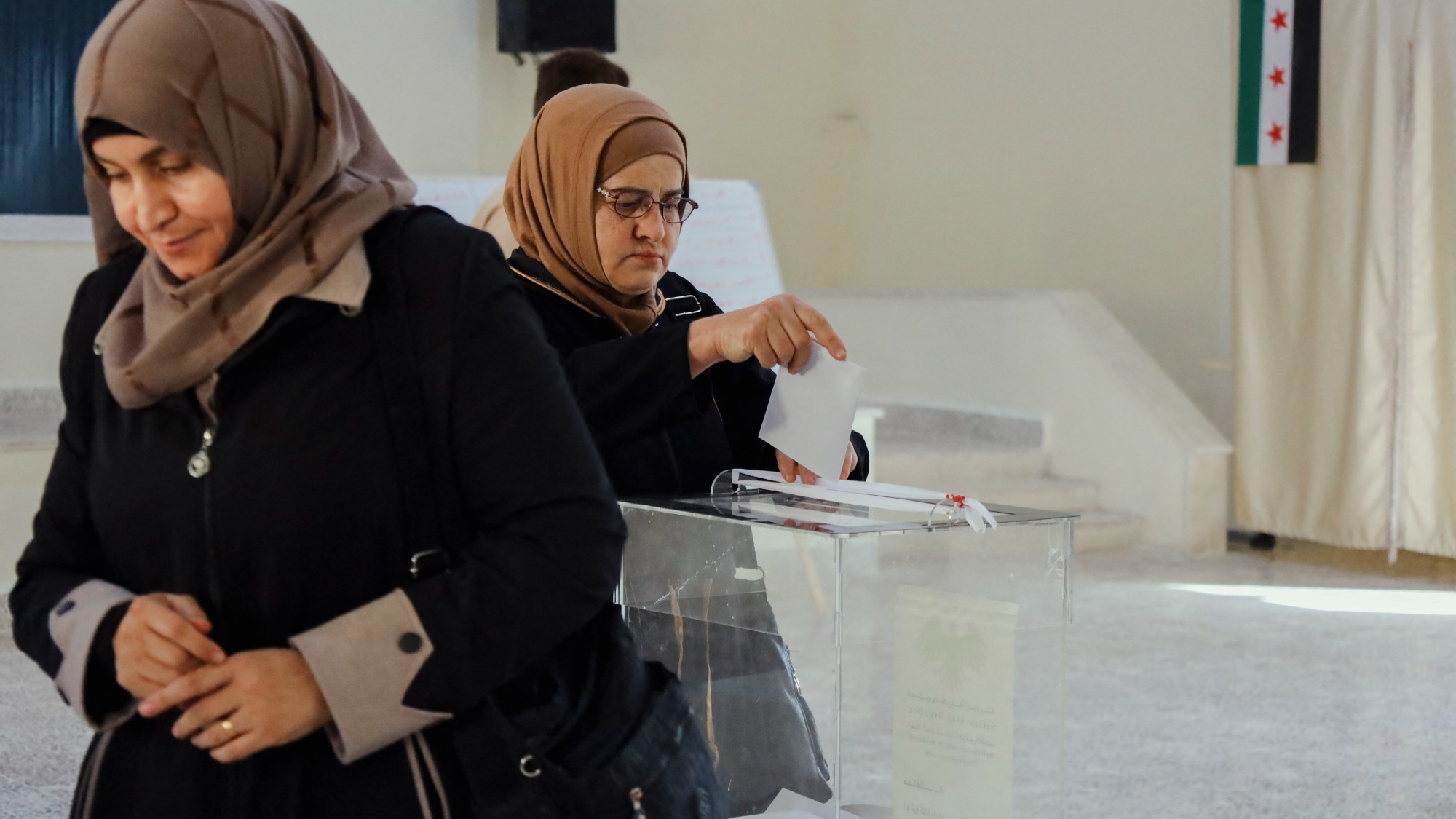
A free daily email with the biggest news stories of the day – and the best features from TheWeek.com
You are now subscribed
Your newsletter sign-up was successful
Syrians are awaiting the results of the first elections since the fall of Bashar al-Assad, which authorities hope will represent a new chapter for the war-torn country.
Sunday’s limited vote was “a historic moment after more than 50 years of dynastic, oppressive al-Assad rule” and “another test for the new government”, led by the interim president, Ahmed al-Sharaa, said Al Jazeera. However, the whole electoral process itself “has been subject to debate”.
How did the elections work?
Under the former Assad regime, the ruling Ba'ath Party was constitutionally guaranteed a two-thirds majority, with the remaining seats reserved for “independent” candidates chosen in elections widely seen as a sham.
The Week
Escape your echo chamber. Get the facts behind the news, plus analysis from multiple perspectives.

Sign up for The Week's Free Newsletters
From our morning news briefing to a weekly Good News Newsletter, get the best of The Week delivered directly to your inbox.
From our morning news briefing to a weekly Good News Newsletter, get the best of The Week delivered directly to your inbox.
In the new People’s Assembly, one-third of the 210 seats will be directly appointed by President al-Sharaa, while two-thirds will be those chosen in Sunday’s vote.
However, ordinary Syrians did not go to the polls directly; only members of electoral colleges representing 60 districts across the country were eligible to vote, a total of around 7,000 people. The 1,578 candidates on the ballot were also drawn from these electoral colleges, which were appointed by an elections committee established by Sharaa earlier this year.
Voting in 10 districts in the Druze-majority Sweida province and Kurdish-controlled areas the north was indefinitely postponed. The country remains riven by sectarian violence, and the central government in Damascus has said that it is currently too dangerous to stage elections in those areas.
Were they a success?
With so few people eligible to vote, there were unsurprisingly “few signs in Syria on Sunday that an election was taking place”, said The National. “No rallies preceded the poll and there were no election manifestos or campaigns by any parties.”
A free daily email with the biggest news stories of the day – and the best features from TheWeek.com
So the final result will have a “limited political impact”, Aron Lund, a Syria expert and fellow at the Century International think tank, told Al Jazeera. “It is an indirect election using a set of electors who have basically been handpicked by the current rulers.”
While admitting the process was not perfect, the interim president said it “suited the phase Syria is undergoing”. Authorities claim that mass displacement and administrative chaos resulting from 14 years of civil war and the sudden fall of the Assad regime last December means that holding a nationwide election would have been impossible.
“We don’t even know how many Syrians are in Syria today,” Benjamin Feve, from the Syria-focused Karam Shaar Advisory consulting firm, told The Associated Press. This makes it “really difficult to draw electoral lists”, in addition to the logistics that would be needed to arrange for Syrian refugees to vote from overseas.
Who is running?
Given their close affiliation with the Assad regime, all existing political parties were dissolved when the interim government took power, meaning every candidate in the election has run as an independent.
One notable candidate is Syrian-American Henry Hamra. If elected, he “would be the first Jewish representative to enter parliament since the 1940s”, said Agence France-Presse.
While there are no quotas for representation, a draft law stipulated electoral colleges be made up of at least 20% women and 3% people with a disability. The majority of seats – 70% – will go to academics and experts, underlining the aim of creating a technocratic government rather than one dominated by members of prominent families.
While the lack of representation of minority areas is problematic, said Haid Haid, from the Arab Reform Initiative and Chatham House think tank, the one-third of parliament being directly appointed by Sharaa is a mechanism to “ensure improvement in the inclusivity of the legislative body”. The AP news agency said that “if few women or minorities are elected by the electoral colleges, the president would include a higher percentage in his picks”.
Key issues for Syria’s next parliament
Since ousting Assad’s decades-long regime in December, Syria’s new government has “pursued political and economic reforms while promoting social cohesion and expanding cooperation with regional and international partners”, said Anadolu Agency.
The new legislature, which will have a 30-month maximum term, will be tasked with codifying these reforms, while preparing the ground for a full direct popular vote next time.
-
 How the FCC’s ‘equal time’ rule works
How the FCC’s ‘equal time’ rule worksIn the Spotlight The law is at the heart of the Colbert-CBS conflict
-
 What is the endgame in the DHS shutdown?
What is the endgame in the DHS shutdown?Today’s Big Question Democrats want to rein in ICE’s immigration crackdown
-
 ‘Poor time management isn’t just an inconvenience’
‘Poor time management isn’t just an inconvenience’Instant Opinion Opinion, comment and editorials of the day
-
 Why the Bangladesh election is one to watch
Why the Bangladesh election is one to watchThe Explainer Opposition party has claimed the void left by Sheikh Hasina’s Awami League but Islamist party could yet have a say
-
 Fulton County: A dress rehearsal for election theft?
Fulton County: A dress rehearsal for election theft?Feature Director of National Intelligence Tulsi Gabbard is Trump's de facto ‘voter fraud’ czar
-
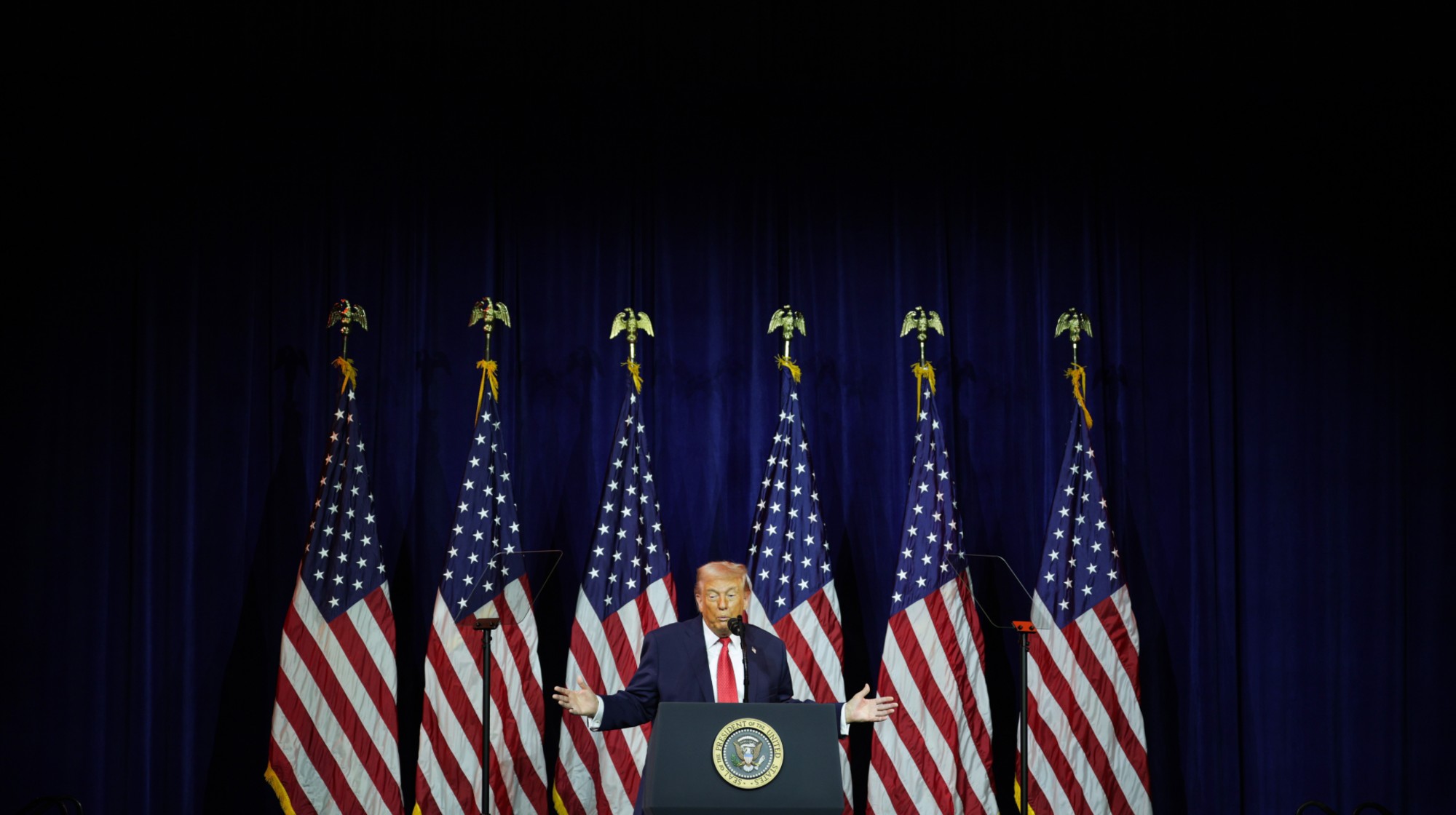 Trump fears impeachment if GOP loses midterms
Trump fears impeachment if GOP loses midtermsSpeed Read ‘You got to win the midterms,’ the president said
-
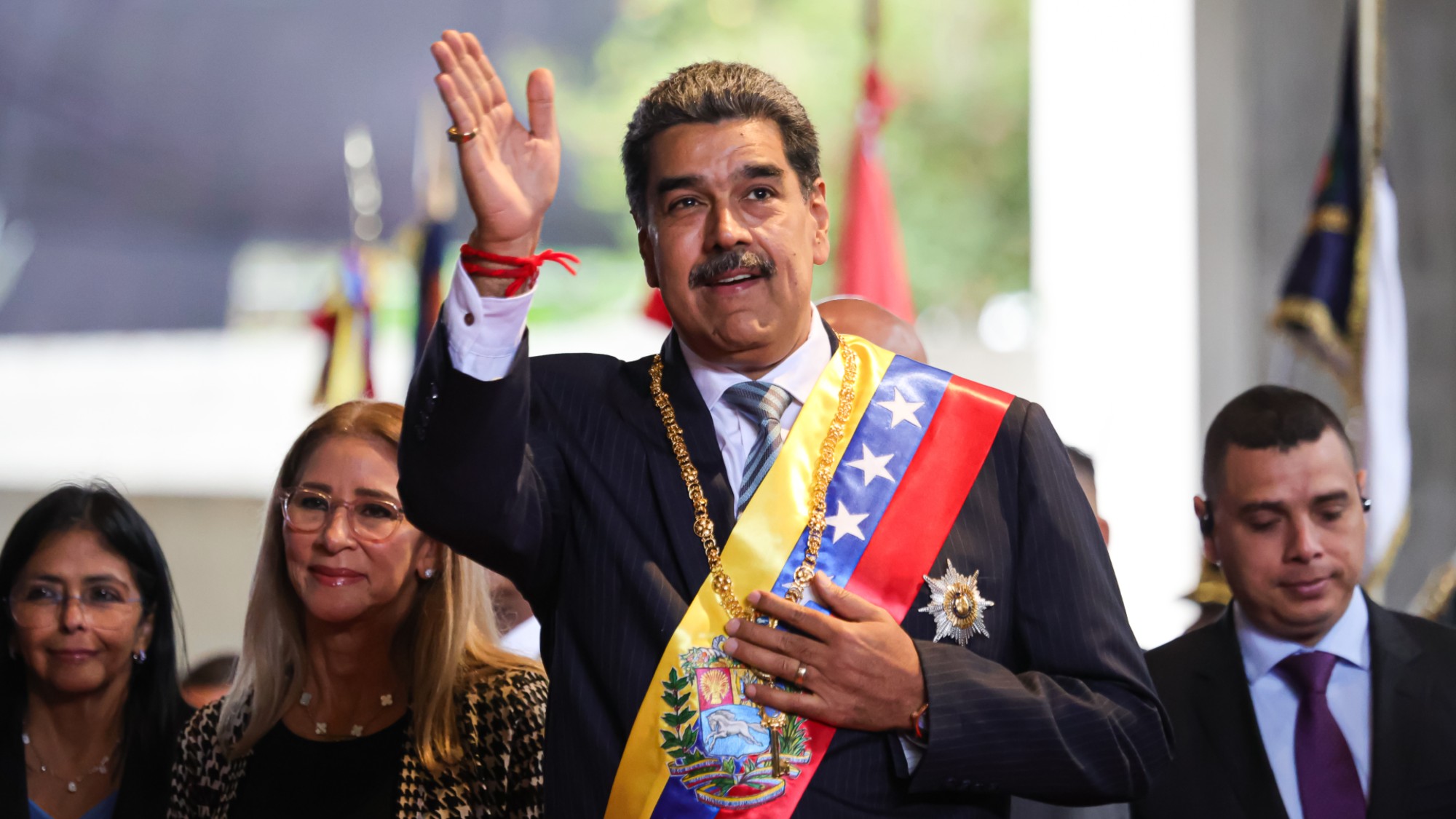 Nicolás Maduro: from bus driver to Venezuela’s president
Nicolás Maduro: from bus driver to Venezuela’s presidentIn the Spotlight Shock capture by US special forces comes after Maduro’s 12-year rule proved that ‘underestimating him was a mistake’
-
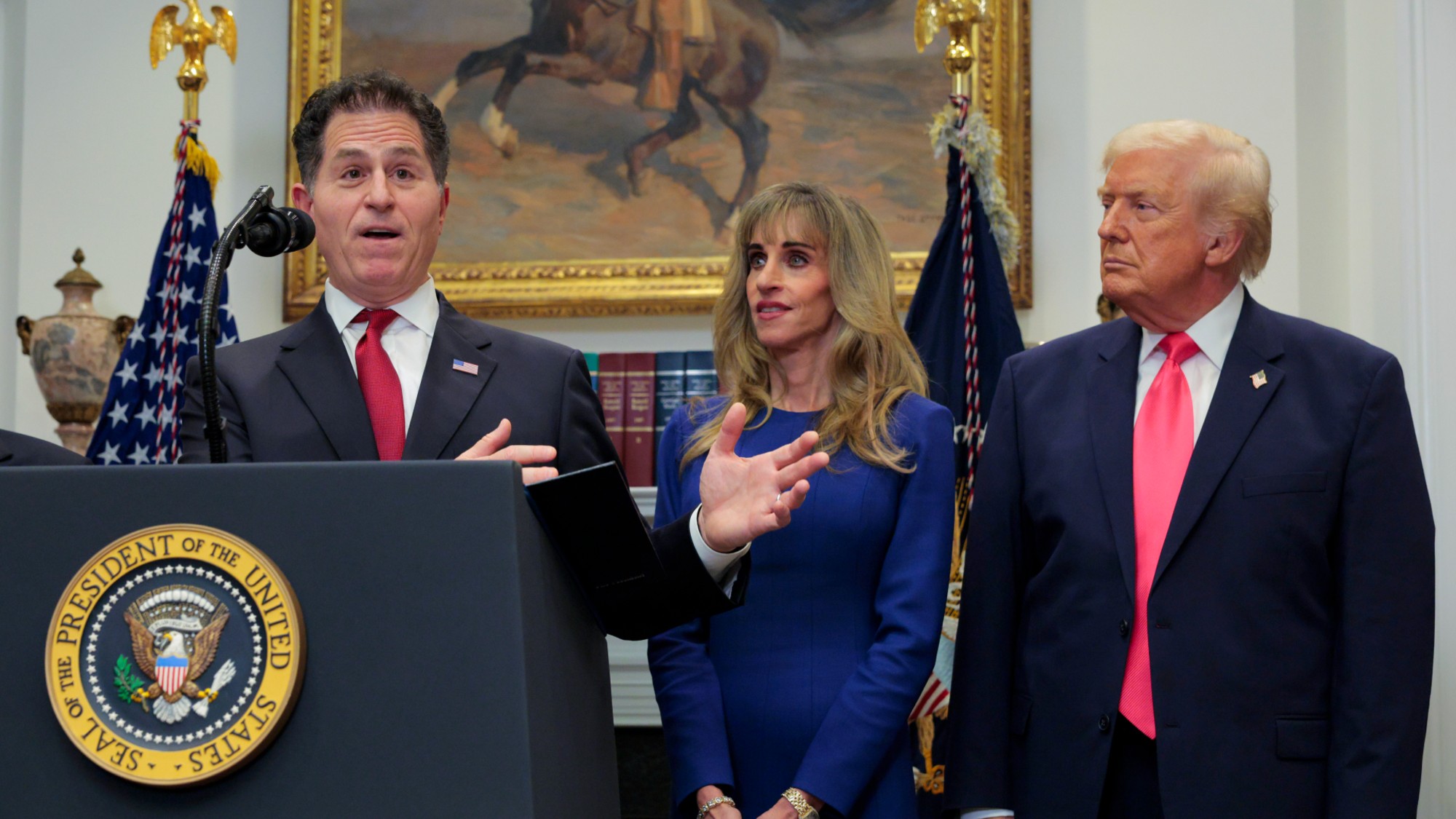 ‘These accounts clearly are designed as a capitalist alternative’
‘These accounts clearly are designed as a capitalist alternative’Instant Opinion Opinion, comment and editorials of the day
-
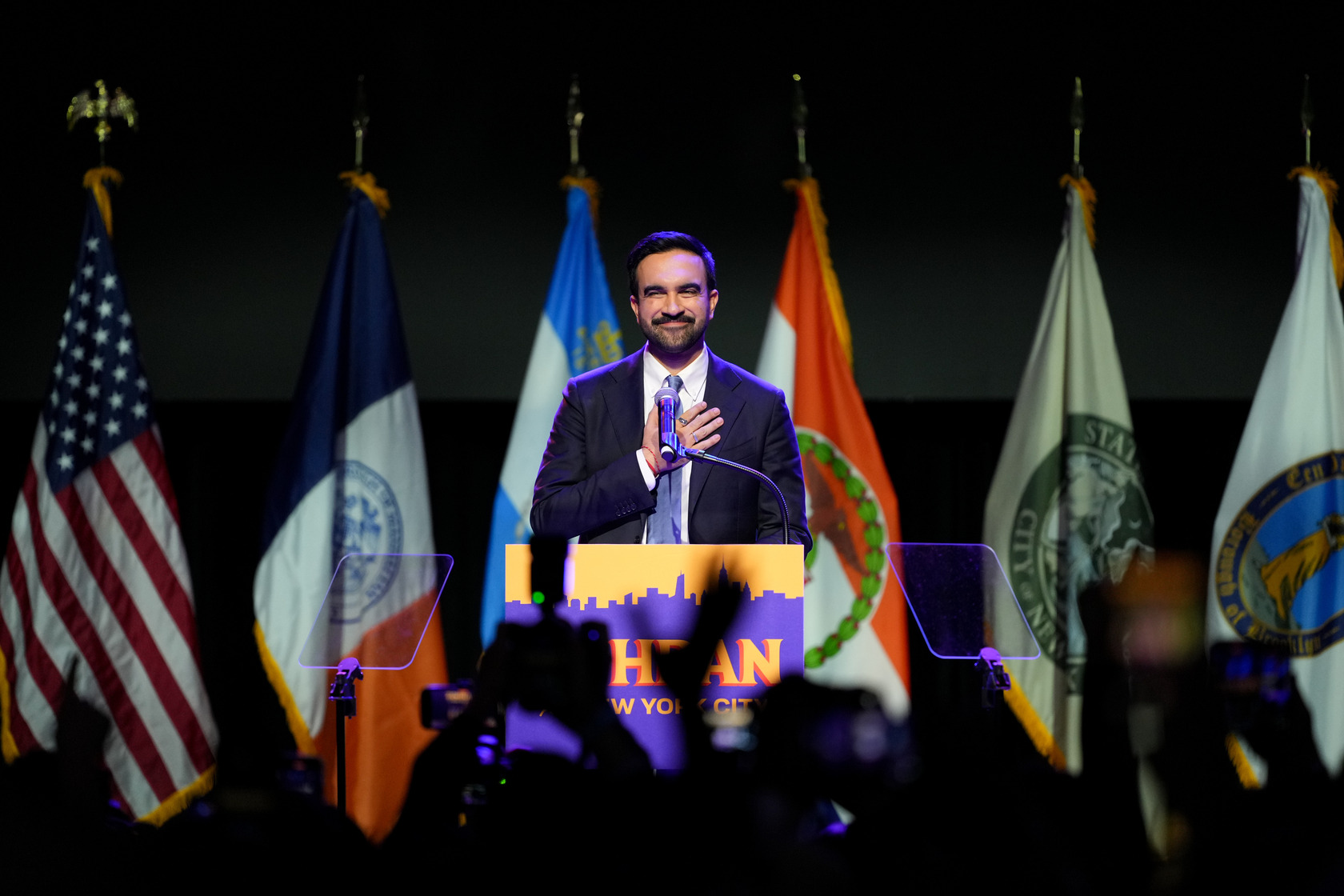 Democrats seek 2026 inspiration from special election routs
Democrats seek 2026 inspiration from special election routsIN THE SPOTLIGHT High-profile wins are helping a party demoralized by Trump’s reelection regain momentum
-
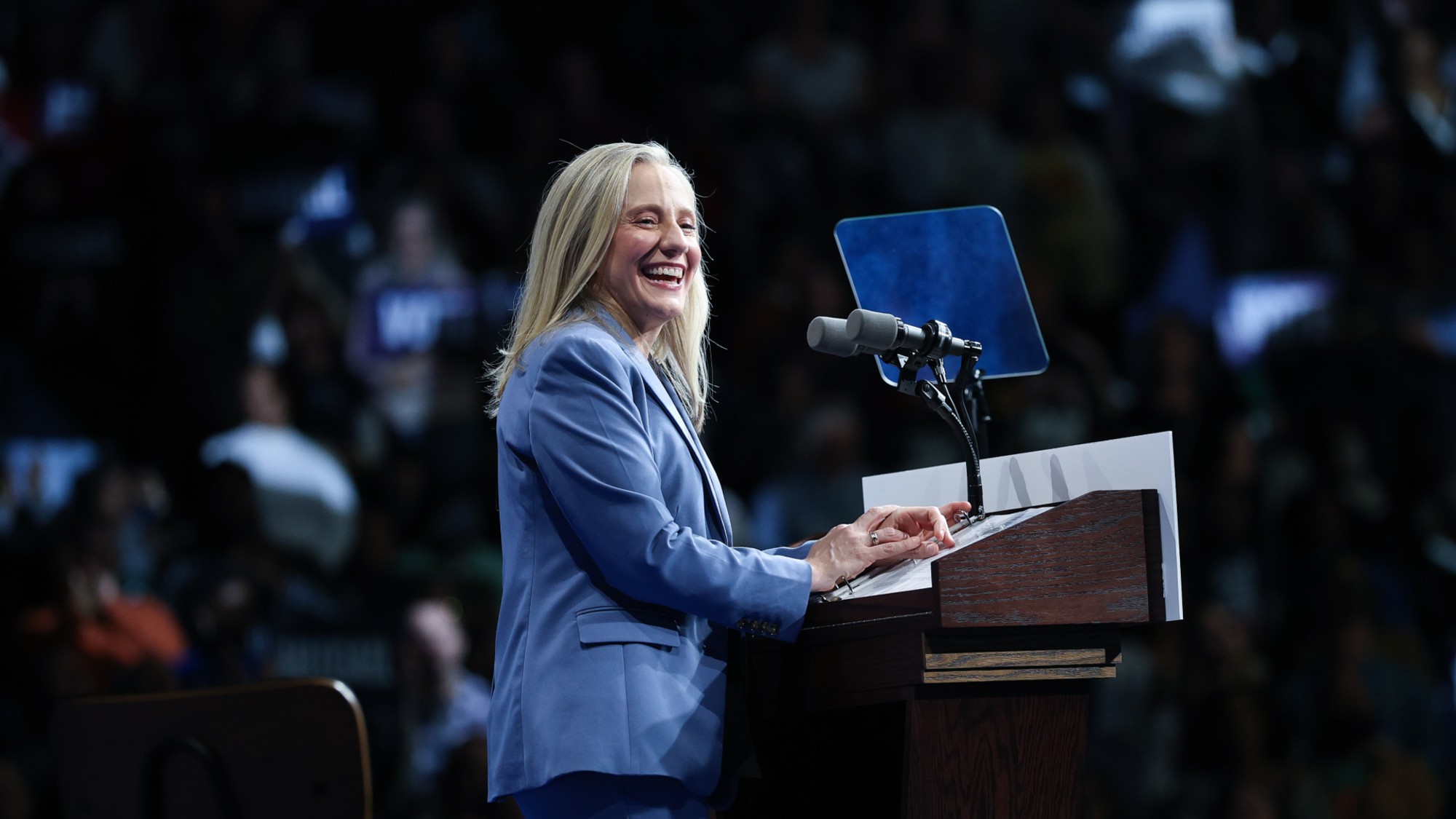 ‘National dynamics will likely be the tipping point’
‘National dynamics will likely be the tipping point’Instant Opinion Opinion, comment and editorials of the day
-
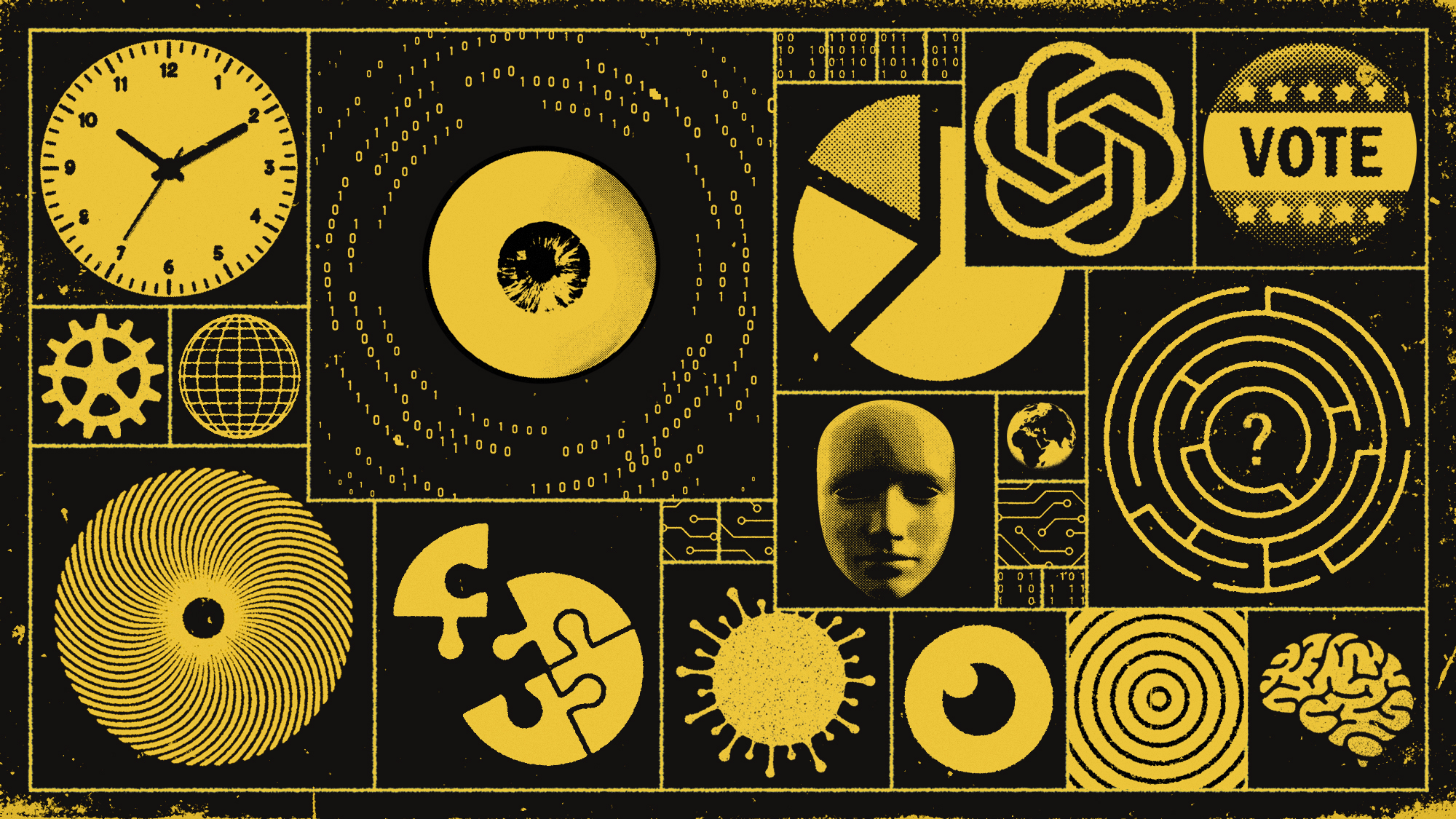 Believe it when AI see it: is this a deepfake turning point in politics?
Believe it when AI see it: is this a deepfake turning point in politics?Today’s Big Question AI ‘slopaganda’ is becoming a ‘feature’ of modern elections